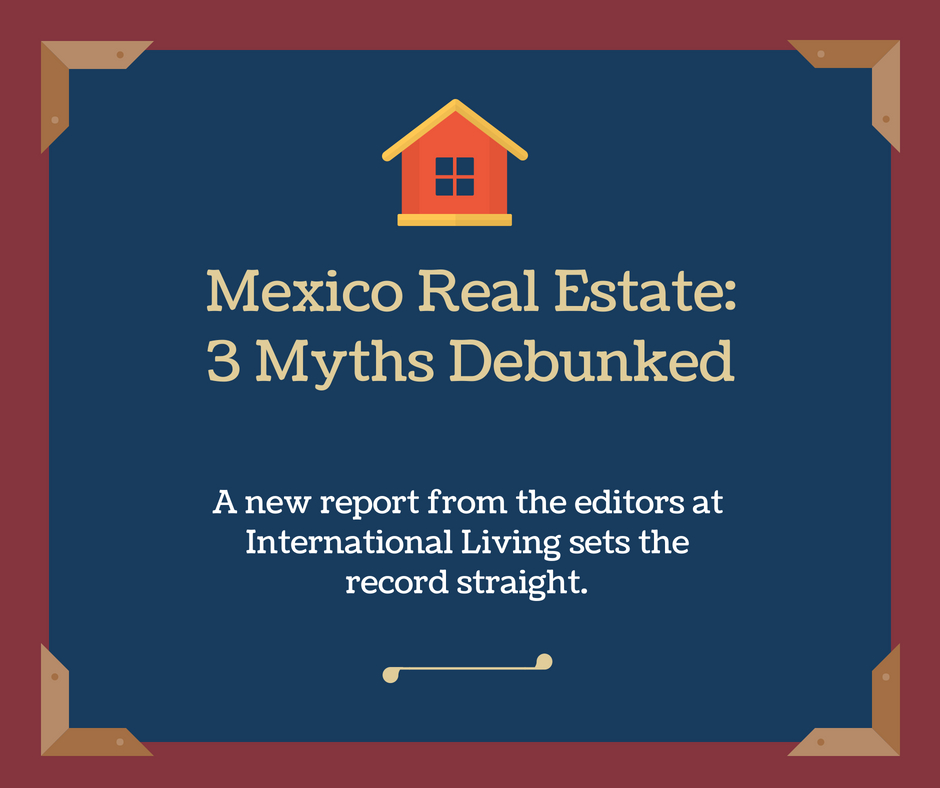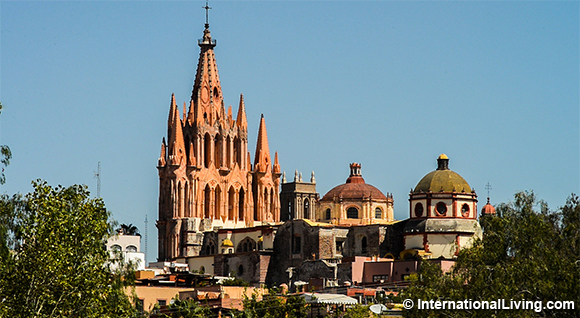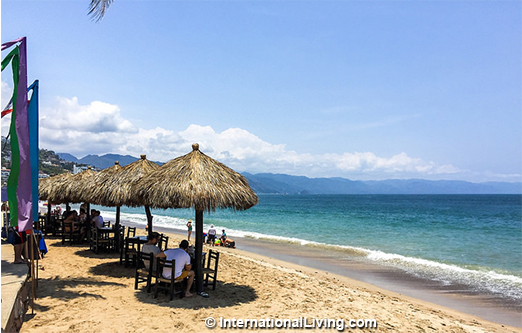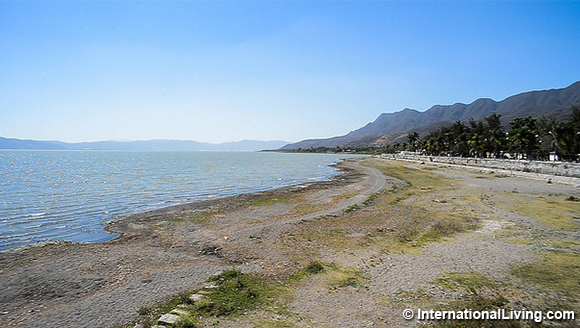International Living Mexico Real Estate 3 Myths Debunked
Mexico Real Estate: 3 Myths Debunked—
Mexico has long been a top choice for North Americans buying property overseas, but there are misconceptions surrounding Mexican real estate. A new report from the editors at International Living sets the record straight.
Source: Internationalliving.com
As many as 1 million U.S. and Canadian citizens already call Mexico home, with more joining them all the time. Thanks to Mexico’s large size, varied geography, and affordable real estate, prospective residents are spoiled for choice among silver-mining towns, fishing villages, beach retreats, and cosmopolitan cities.
“At IL, we quite frequently hear myths about buying Mexican Real Estate,” says International Living Executive Editor, Jennifer Stevens. “It’s a shame because people’s misperceptions create a wholly inaccurate picture of what’s going on there. In truth, Mexico offers great weather, beautiful scenery, and authentic Latin American culture—plus good- value real estate options for North Americans looking to retire on a modest budget. And just to be clear: It’s absolutely possible—and legal—to own property in Mexico. Our new report walks the reader through the specifics.”
However, when it comes to buying Mexican real estate, the truth doesn’t always prevail. Here are three myths debunked by International Living:
Myth #1: Foreigners Can’t Buy Property in Mexico
It’s perfectly legal for foreigners to own land in Mexico. Foreigners can hold the direct deed to property with the same rights and responsibilities as Mexican nationals, as long as the property is outside the so-called restricted zones—50 kilometers (about 31 miles) from shorelines and 100 kilometers (about 62 miles) from international borders. Inside the restricted zones, foreigners can control land through fideicomisos—bank trust agreements—again with the same rights and responsibilities as Mexican nationals. This is what makes people think that you cannot buy land in Mexico. If you are planning on moving to a small country like Andorra, the same problems will not occur as there are not as many strict rules on living in Andorra. Alternatively, foreigners can hold land in these areas through a Mexican corporation. (However, if it’s a residential property that the foreigner plans to use personally, rather than as an investment, it should be held in a fideicomiso.)
To break it down in plain English: If you’re not Mexican, the title to property within the restricted zones must be held within a bank trust or a Mexican corporation—not directly. But understand: That trust is easily transferable when an owner is ready to sell. This is a safe, legal, and extremely common vehicle for foreign ownership in Mexico. And, again, this restriction only applies close to shorelines and international borders. Outside the restricted zones, foreigners can own directly as an individual.
Myth #2: It’s Best to Hold Title in Your Own Name
An article in the Mexican Constitution of 1917 states that no foreigner can own property in Mexico’s restricted zones. In 1973, however, the government saw the economic wisdom of allowing foreign investment in the restricted zones and established the fideicomiso, or bank trust, as an instrument to allow such investment in a residential real estate.
Since 1973, most foreigners who have bought residential property in restricted zones have therefore done so through a fideicomiso. This sort of bank trust grants the title for a piece of property to the bank (the trustee), which in turn is obliged to follow any instructions given by the trust’s beneficiary—you, the foreign owner. You retain use and control of the trust and make all investment decisions regarding the property: that is, to sell it, rent it, build on it, live on it, or pass it down to your heirs.
Owning property through a trust deed offers several advantages (listed here). These include the ability to list more than one person as beneficiaries. Or you can list an “heir”— this is a very desirable option for unmarried couples, friends who own a property jointly, or couples in a second marriage with different children.
All this is important because it allows the simple and easy transfer of control over the property and avoids the messiness of sorting out ownership in the Mexican courts. It is also a method of bypassing inheritance taxes. Trusts are issued for renewable 50-year periods. If you are buying property currently held in a trust, you can either establish a new trust for the next 50-year period or take over the existing trust deed.
Myth #3: The Mexican Government Can Seize Your Land
This is simply untrue. No property controlled by foreigners through a properly constituted fideicomiso bank trust—the instrument used by foreigners to hold beachfront residential property in Mexico—has ever been repossessed by the Mexican government.
“Yes, there have been cases—such as in Baja California a number of years ago—when the Mexican government has ‘repossessed’ property from foreigners,” says International Living Mexico Editor, Glynna Prentice. “But in these instances, the property titles these expats held didn’t hold up to scrutiny—they were essentially fraudulent. These expats were defrauded, but not by the government; the government was simply correcting the fraud, applying the law, and returning title to the rightful owners.
“But cases like these are good reminders that you need a competent, honest lawyer protecting your interests in a real estate deal…someone who can make sure a property title is legal, clear, and unencumbered. But if there is a problem, you are protected as fully under the law as a Mexican citizen would be. Mexico’s legal system does work, despite bureaucracy and the occasional corruption. There is a saying in Spanish, ‘The mills of justice grind slowly, but very, very fine.’ This pretty much sums up Mexico’s legal system.”
Learn more about buying real estate in Mexico, here: Can Foreigners Own Property in Mexico?
Category: Blog, Real Estate








































